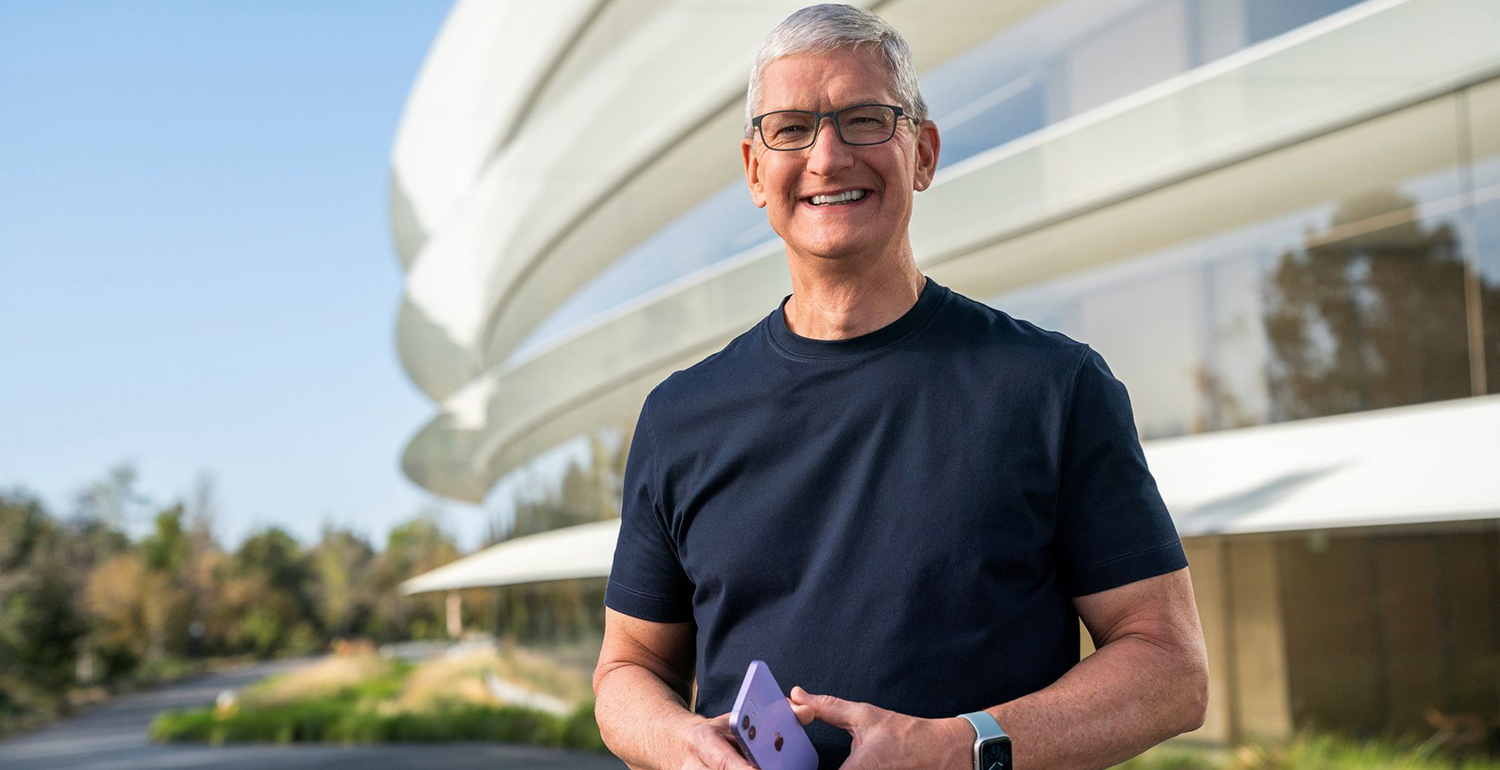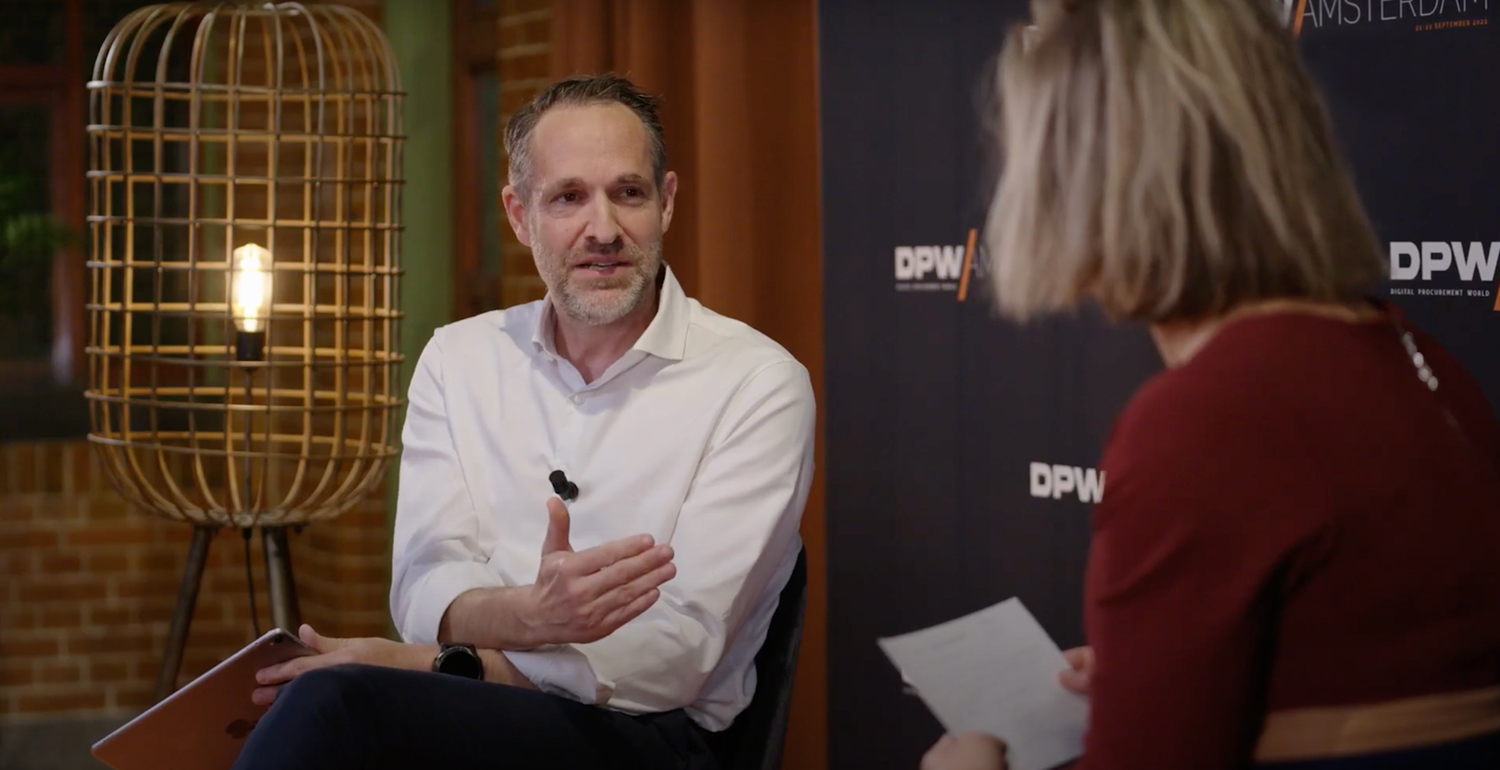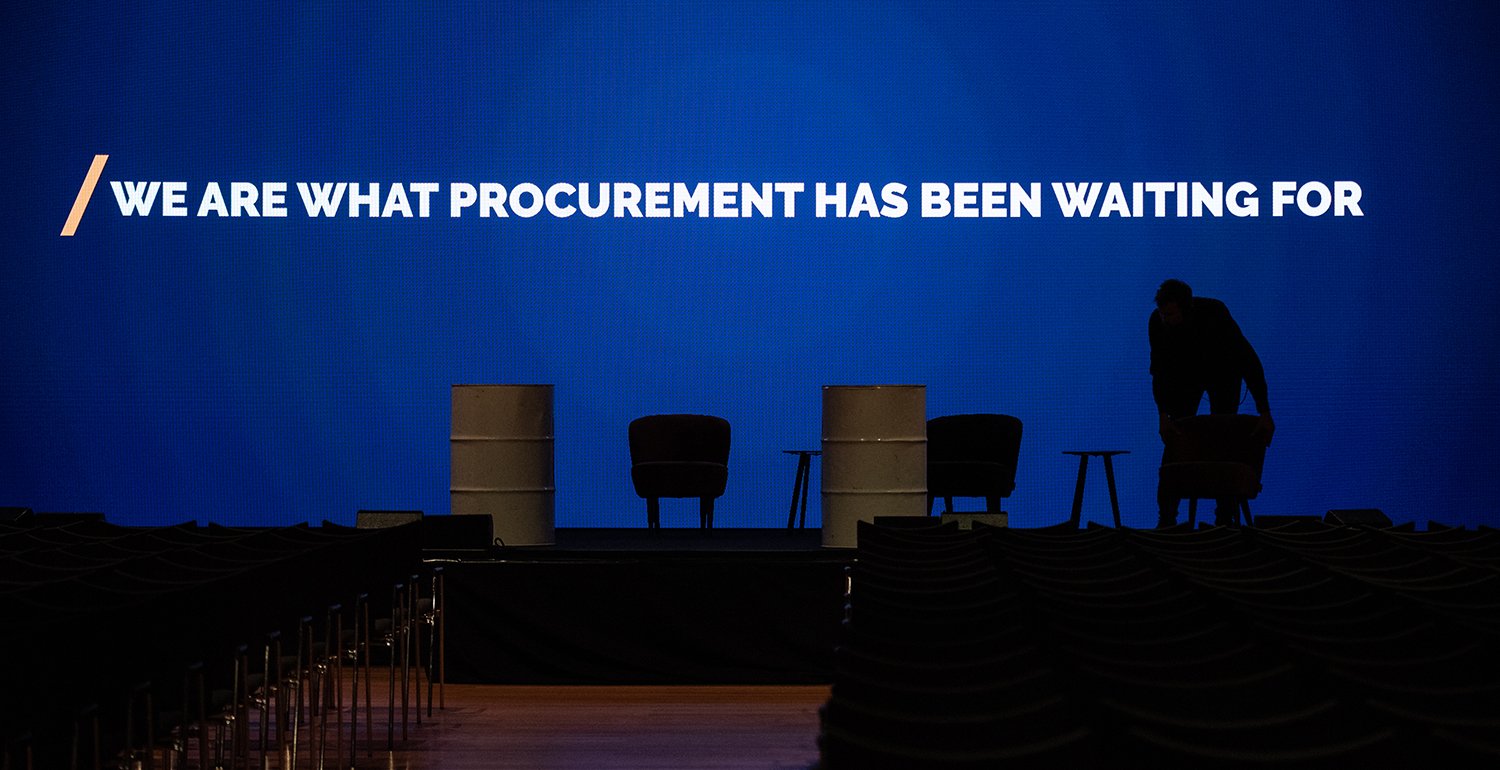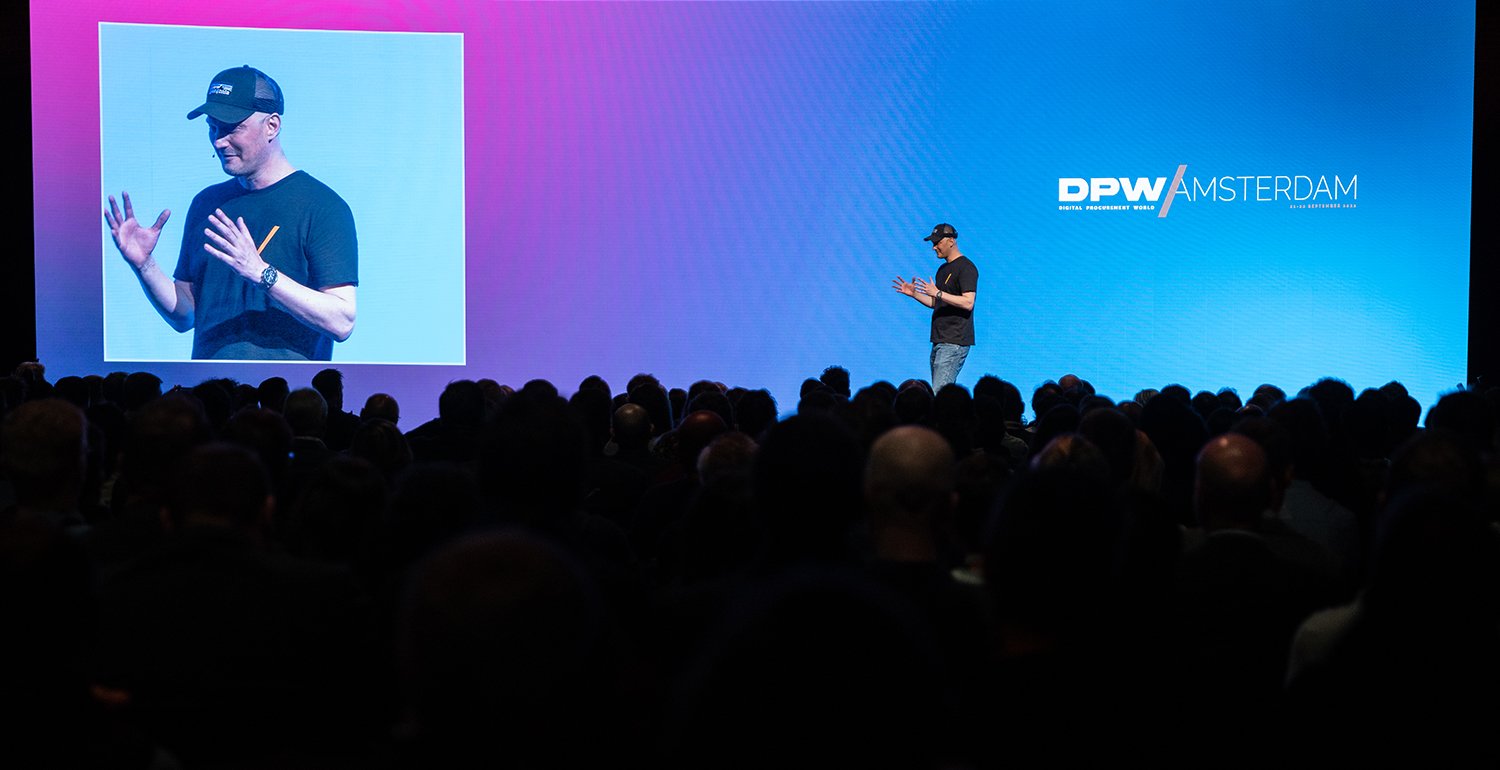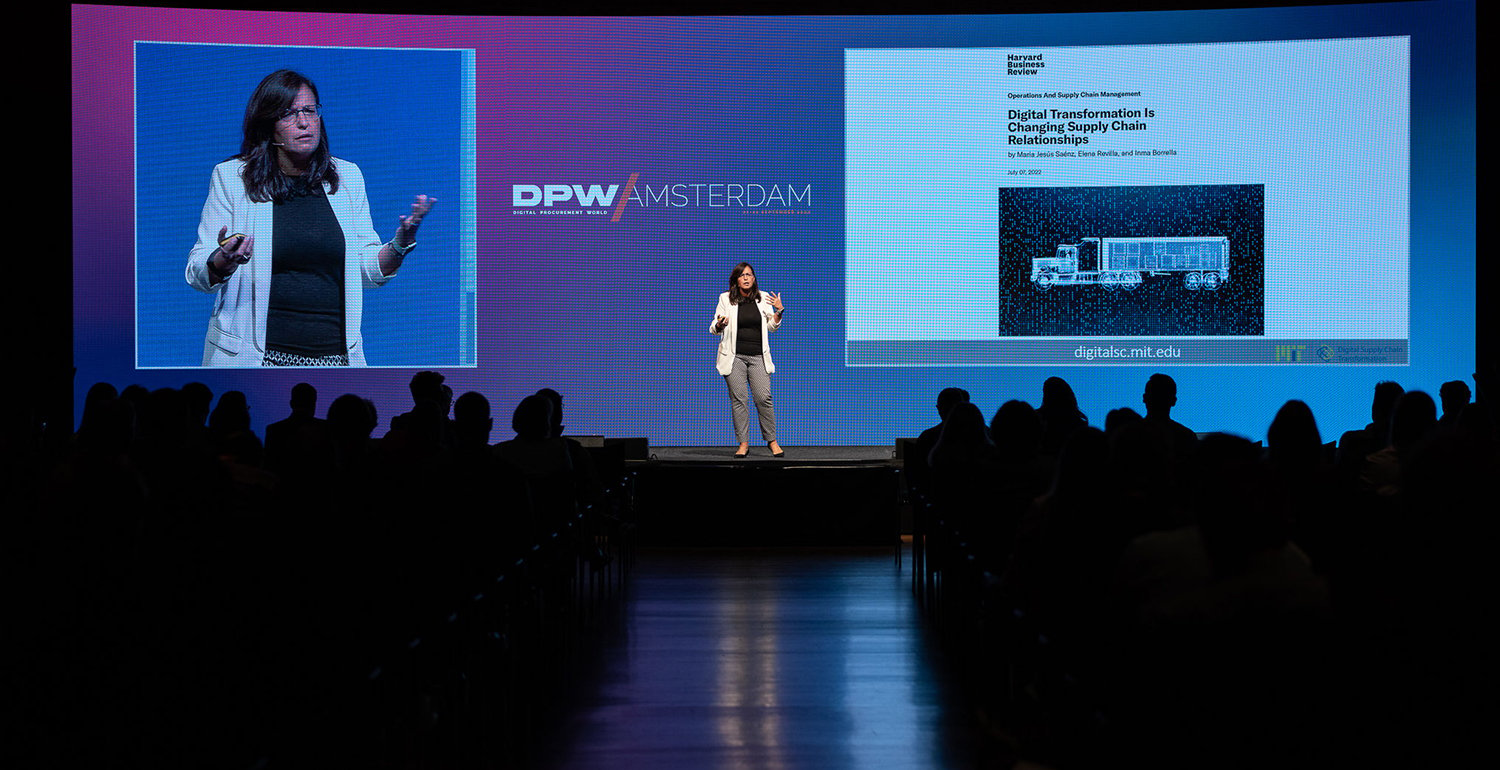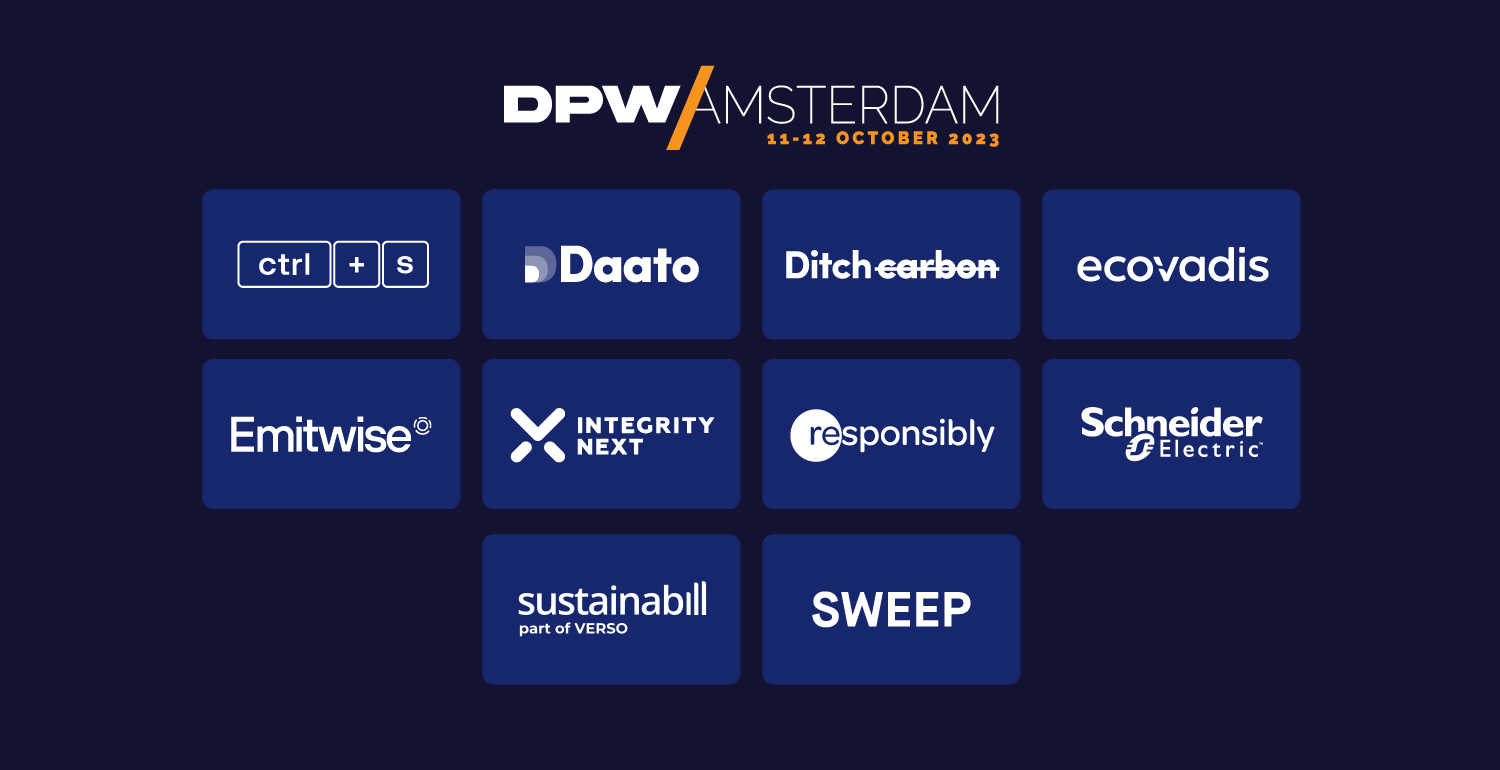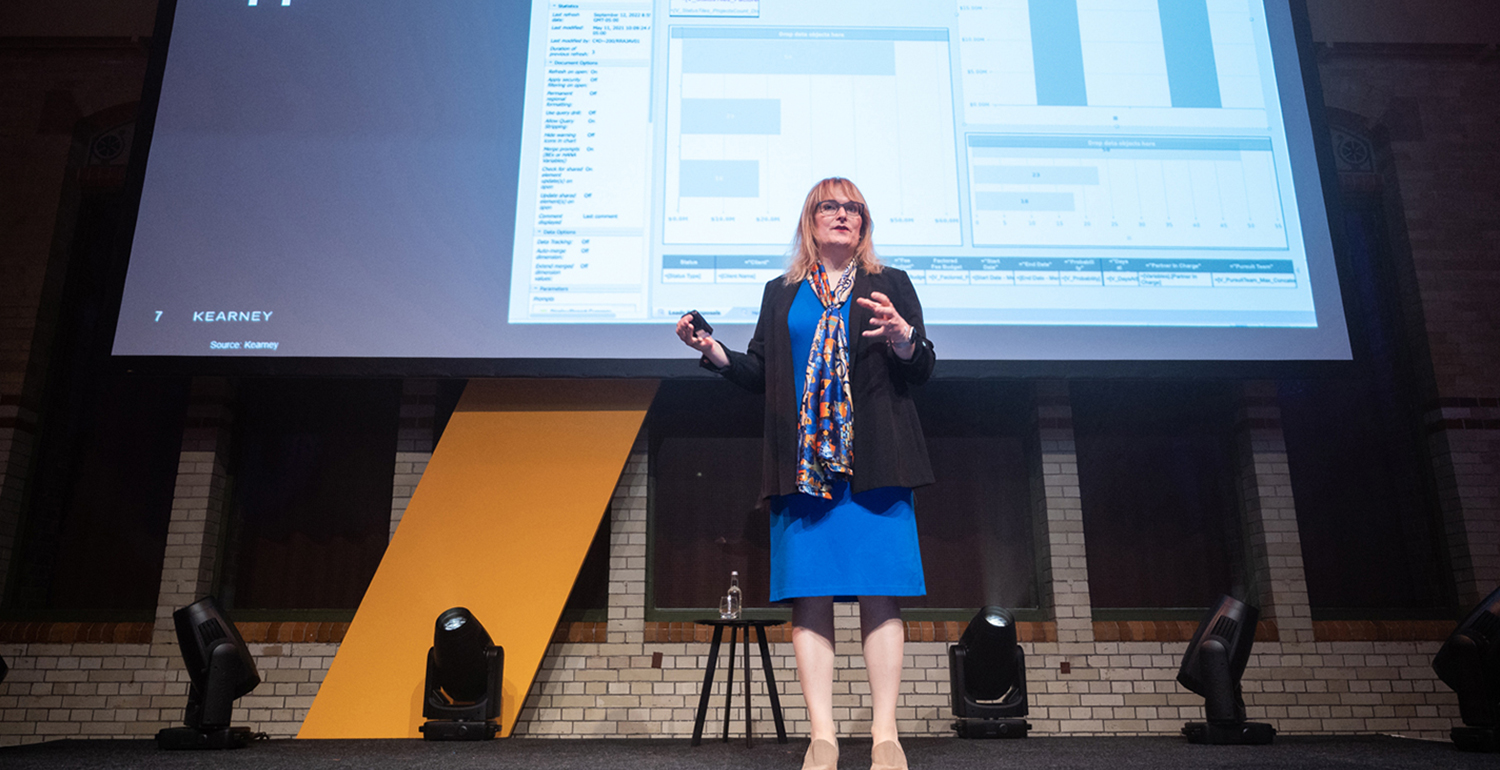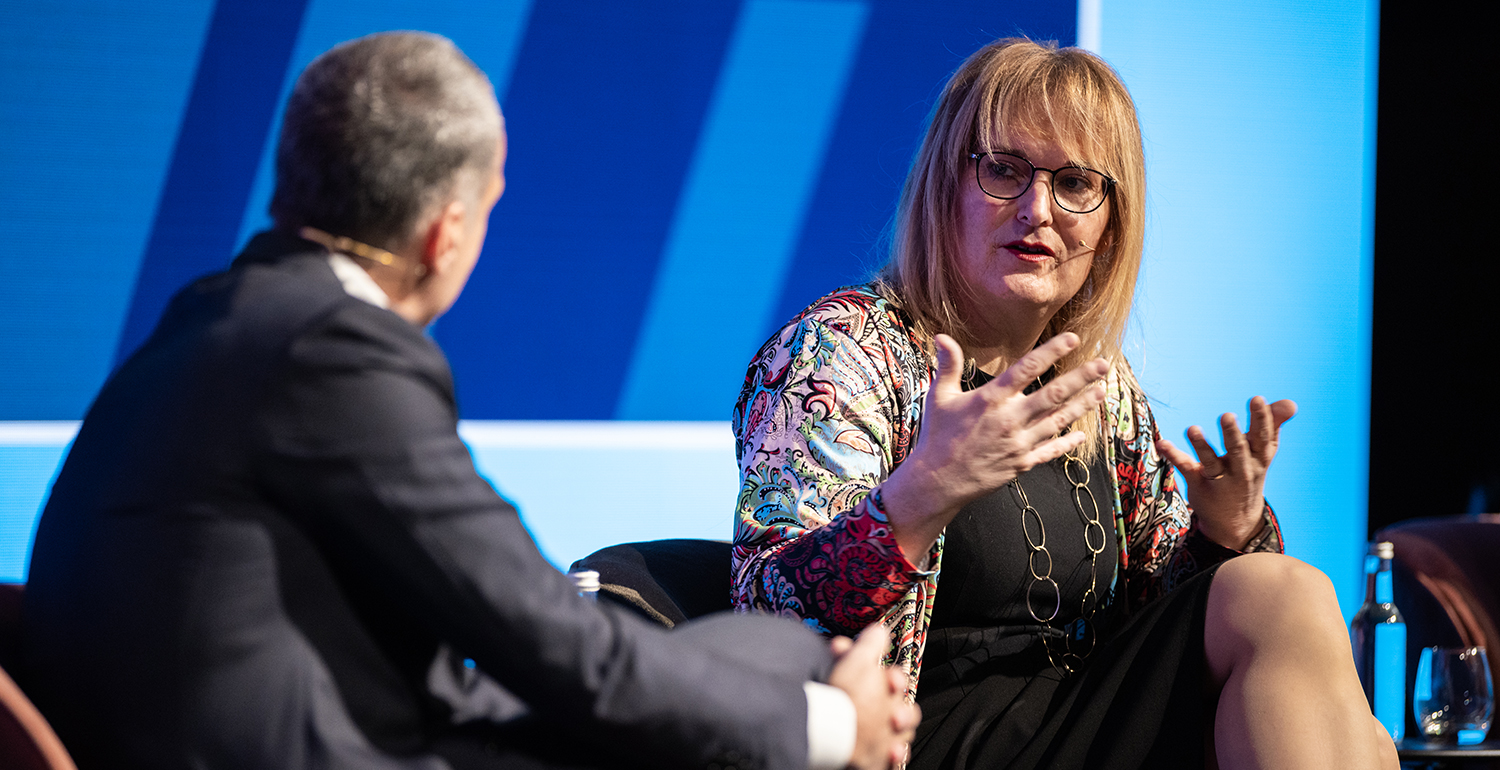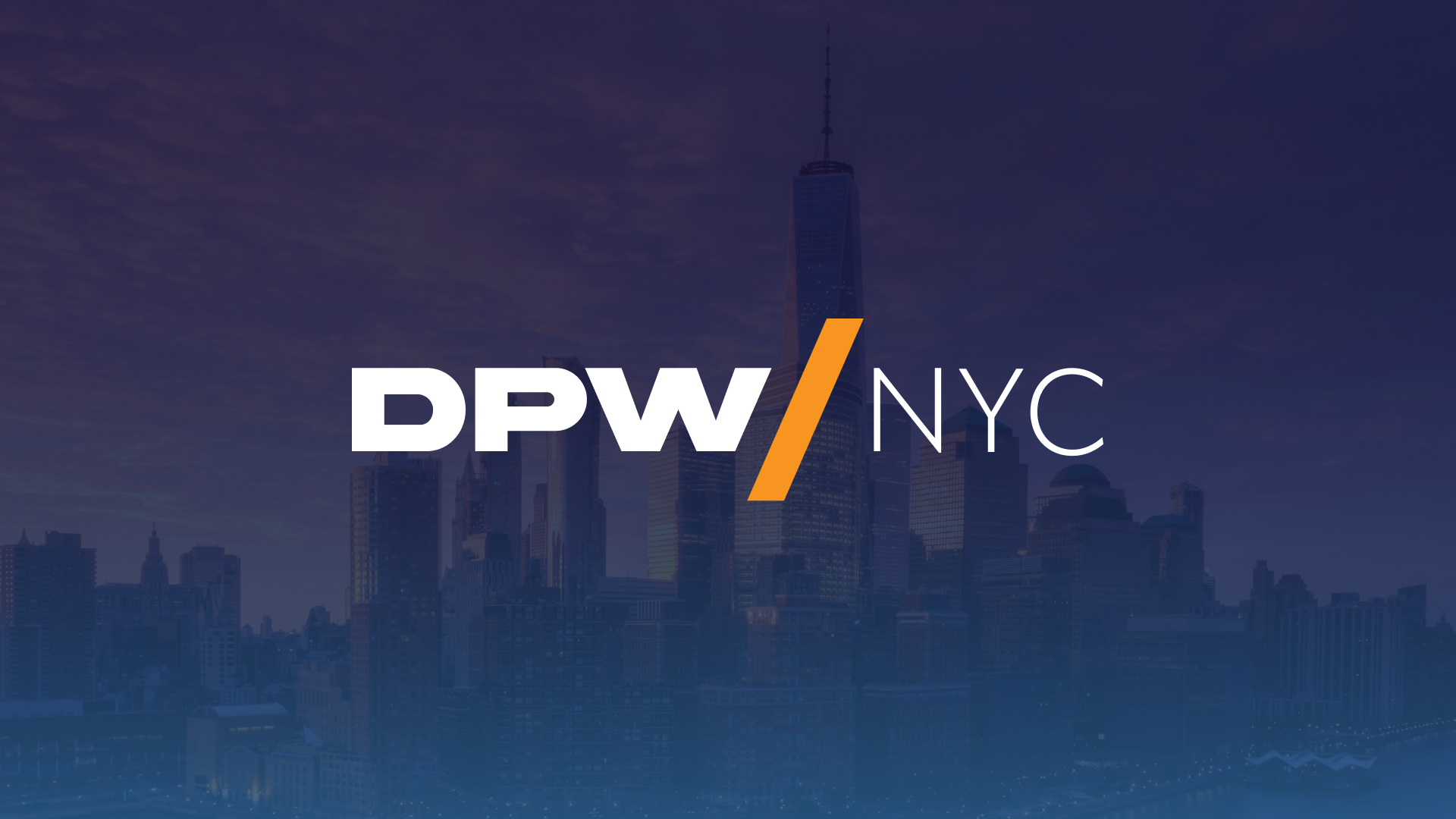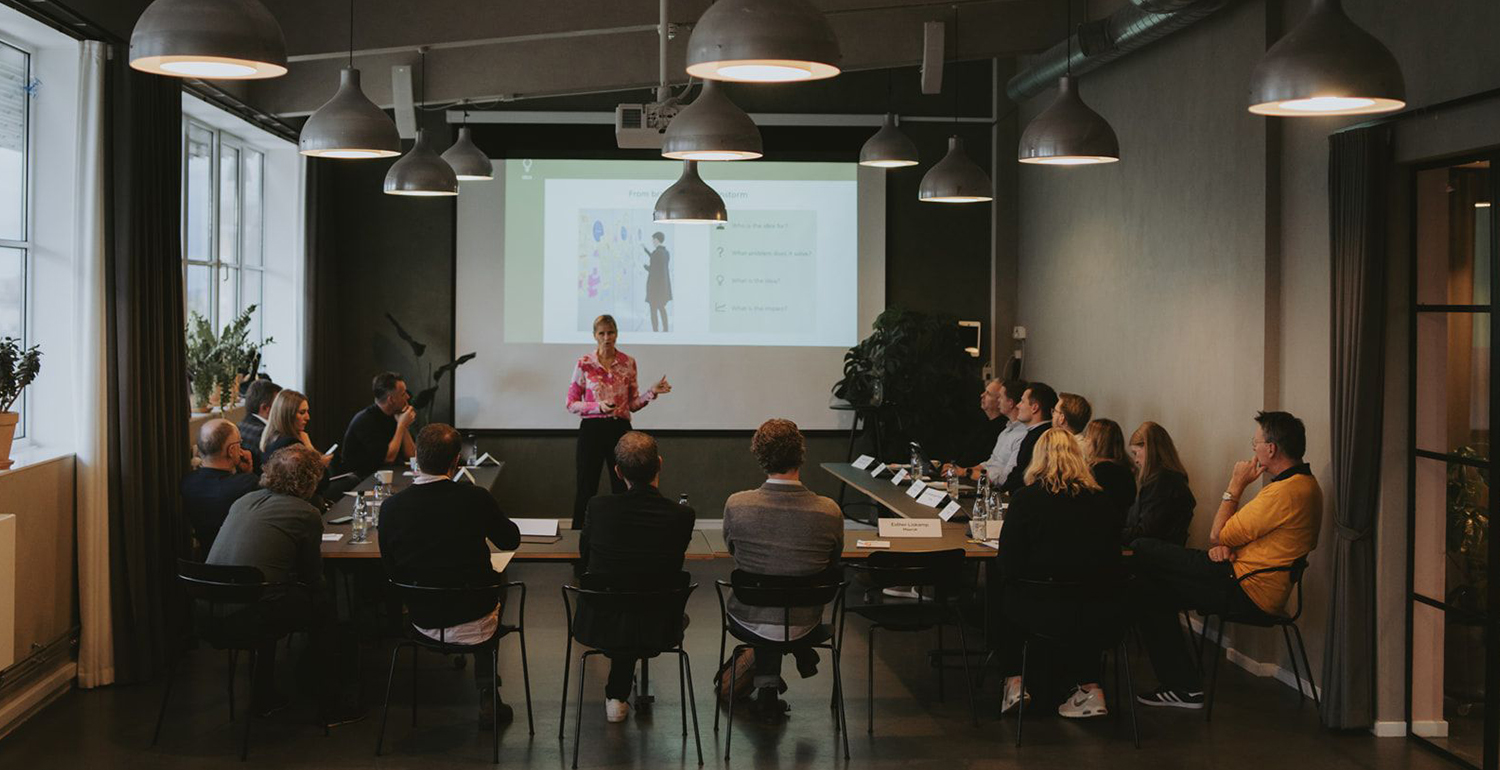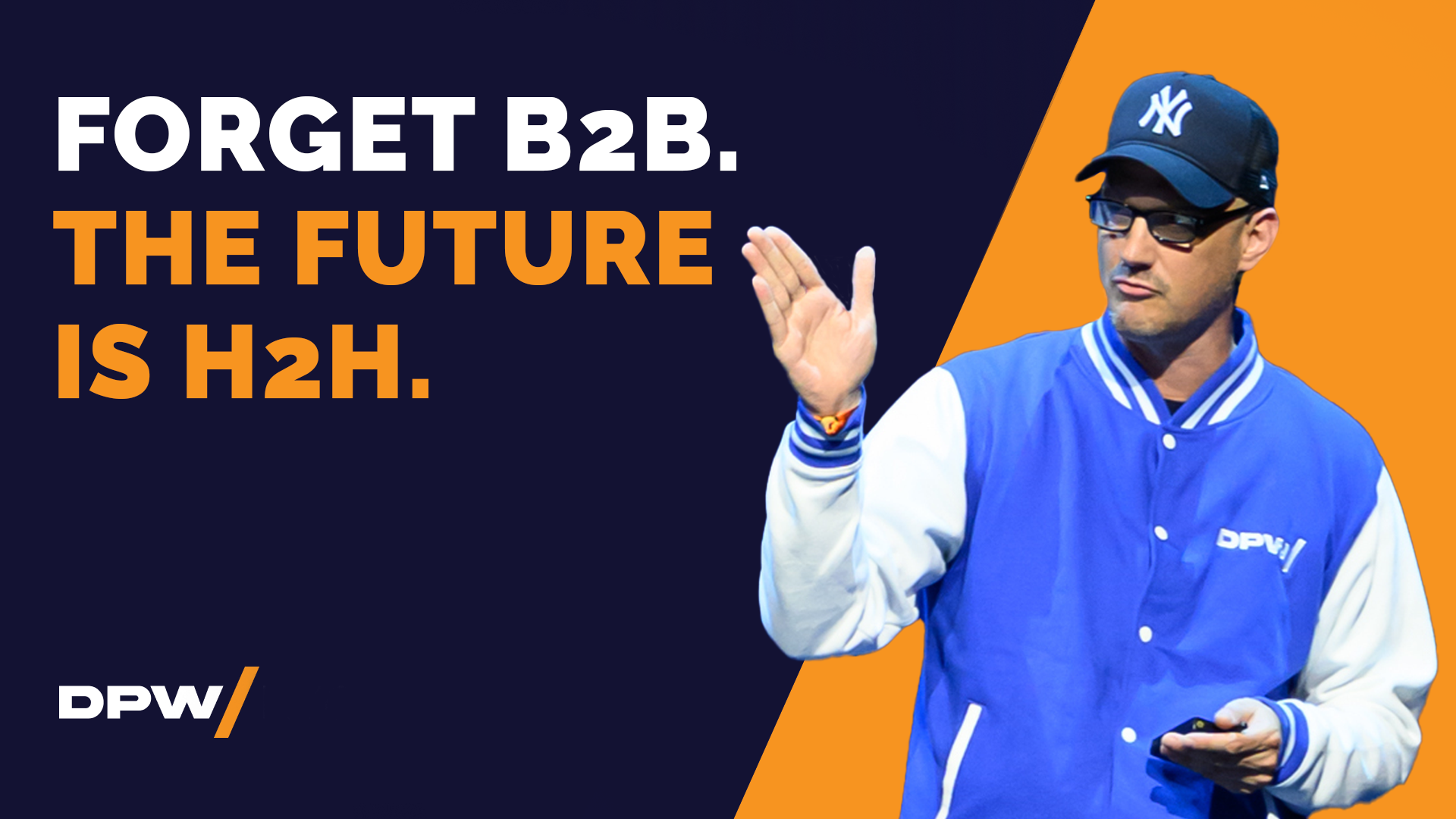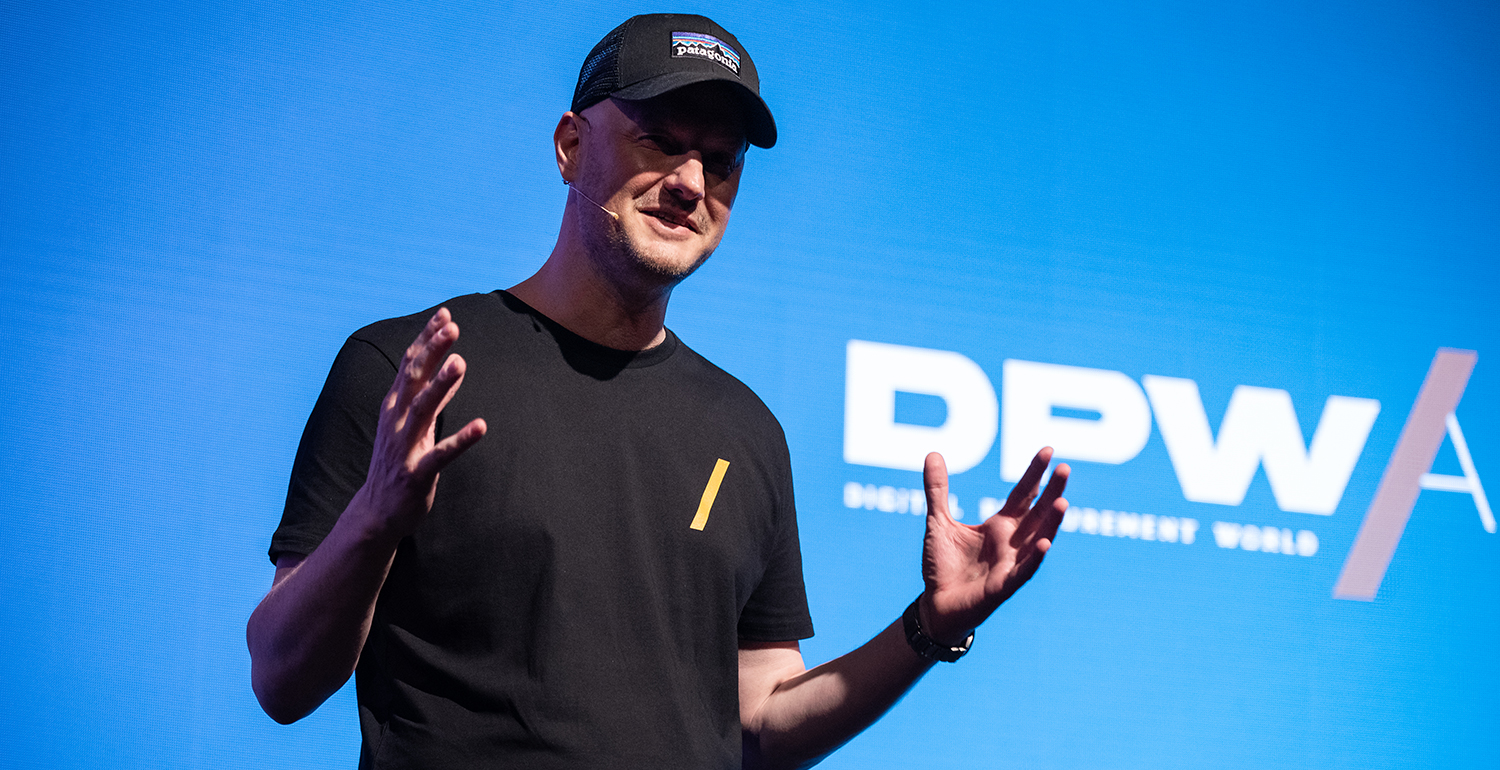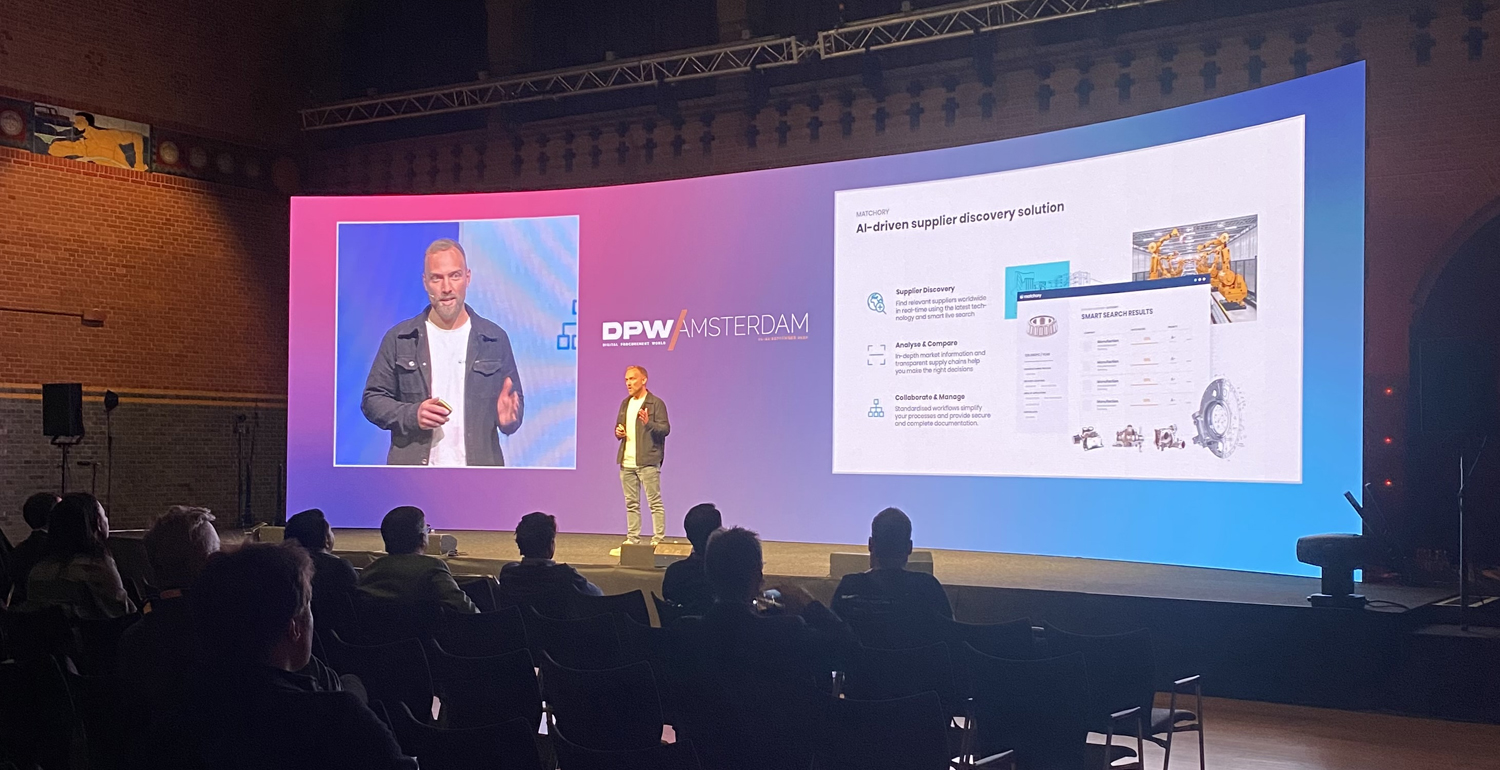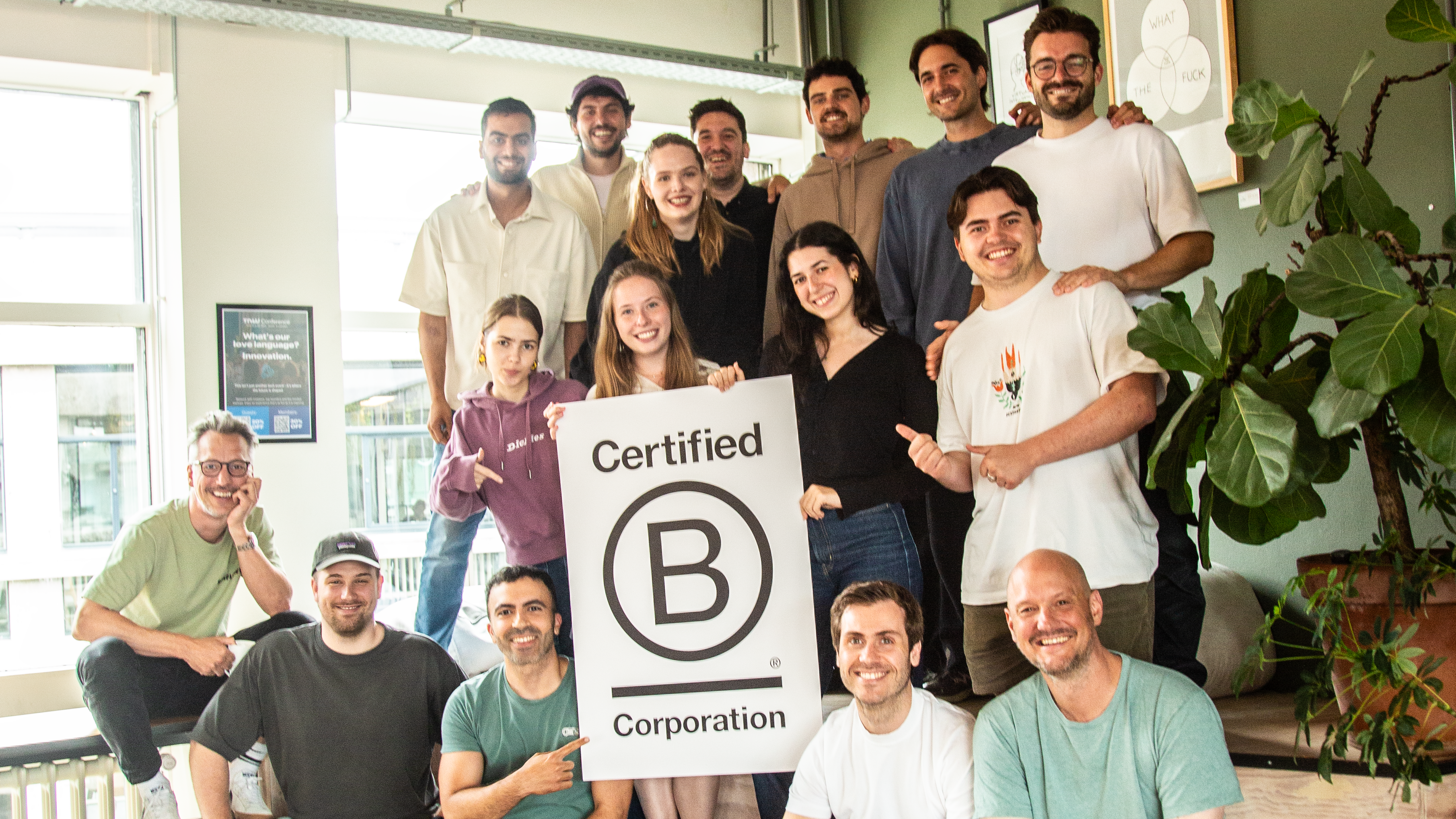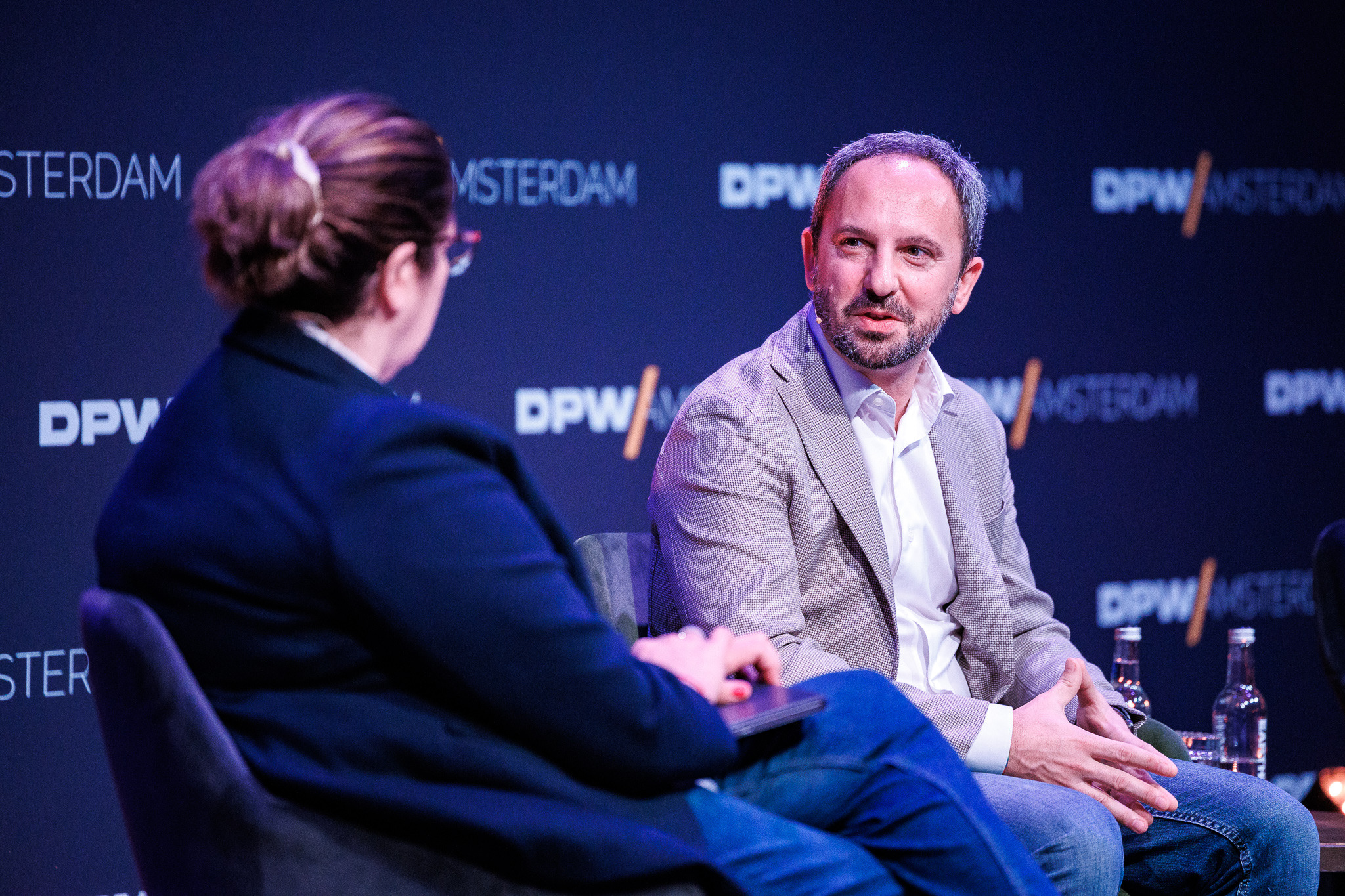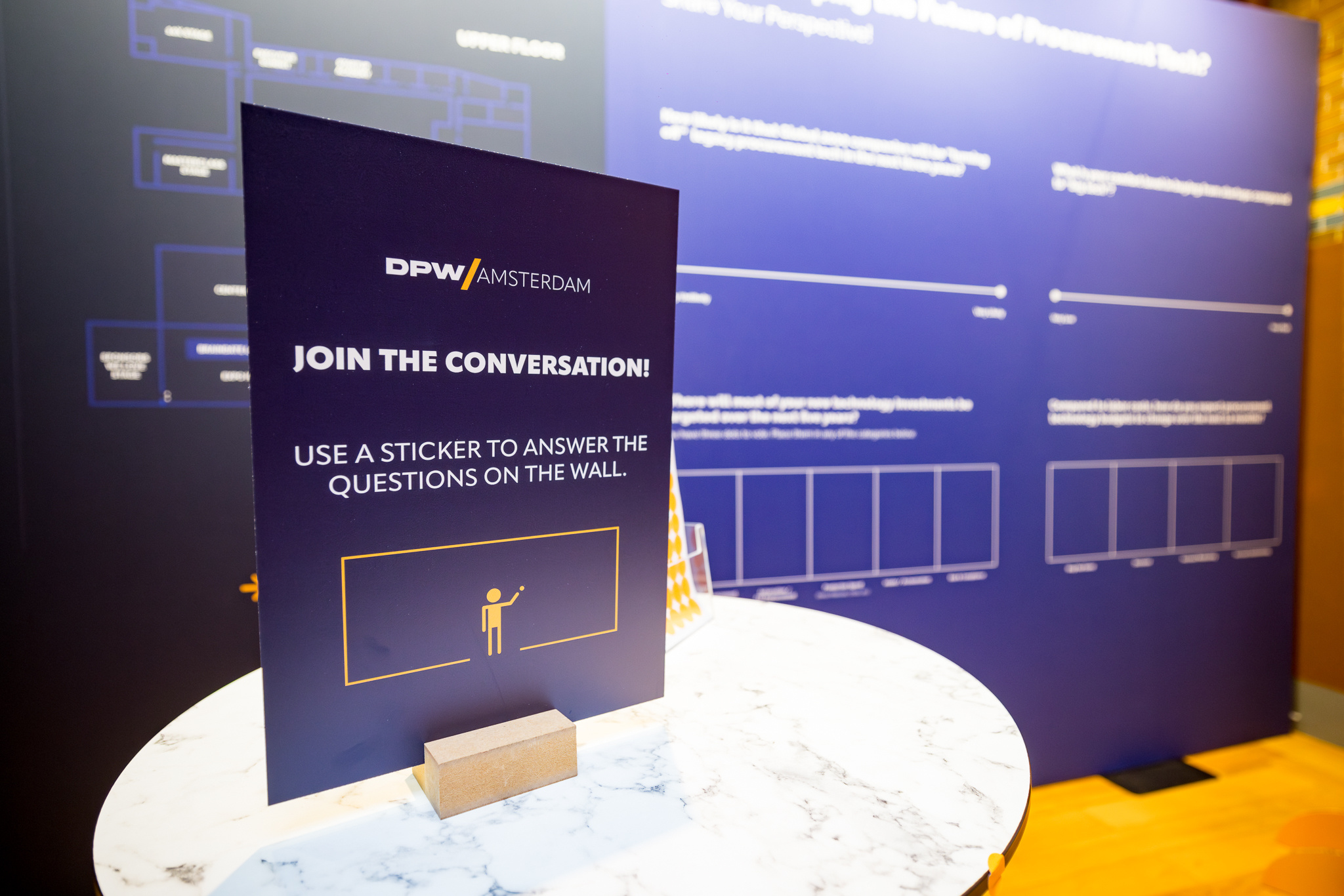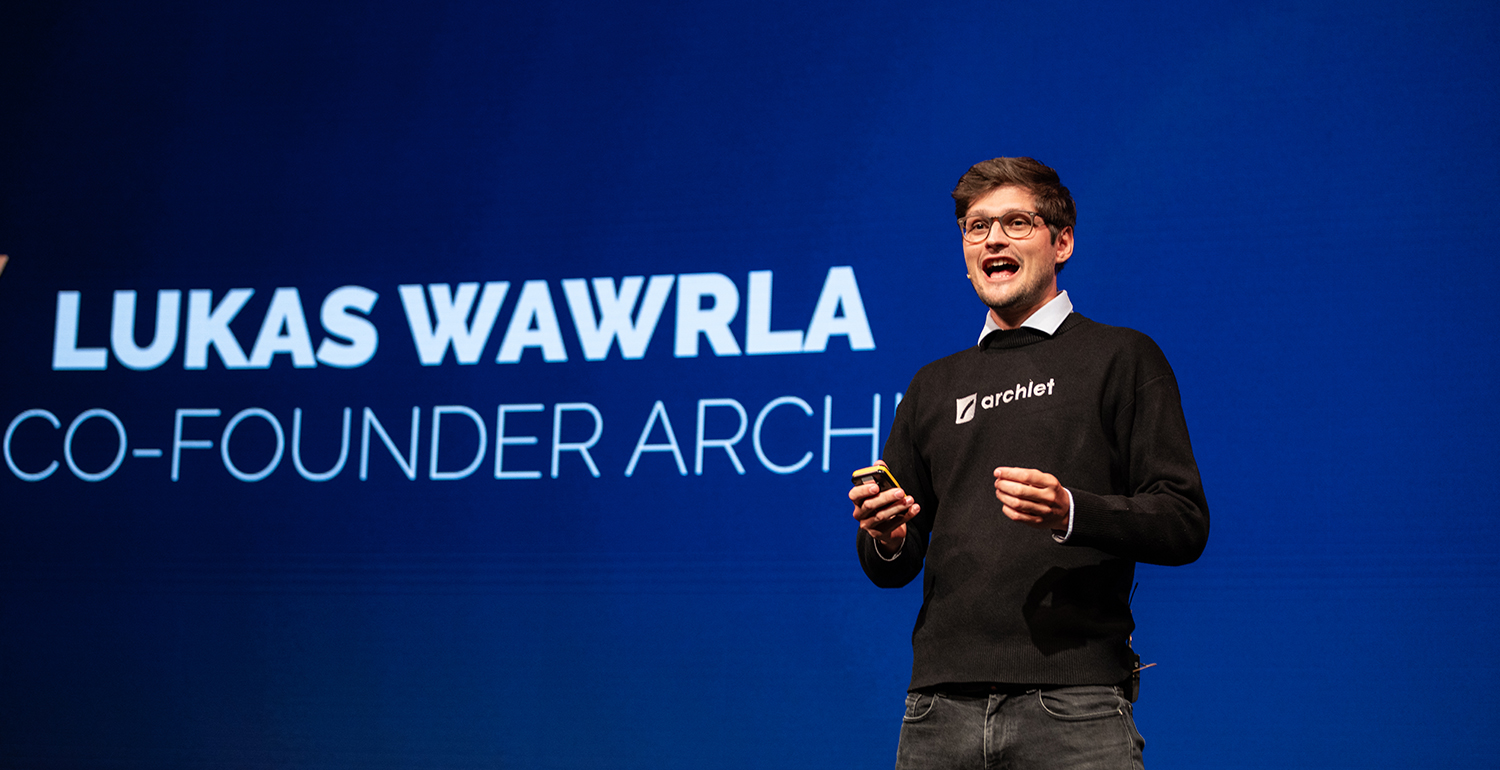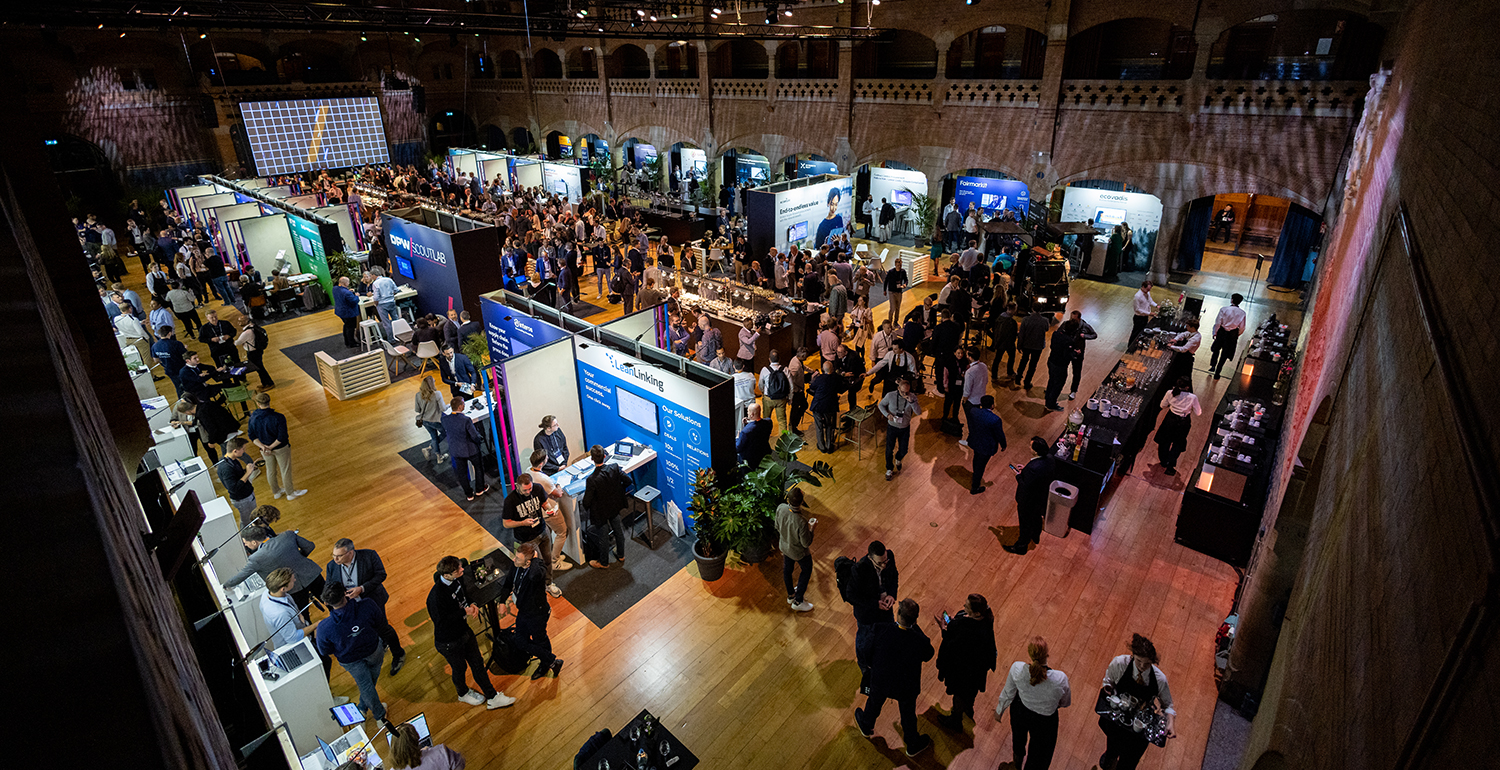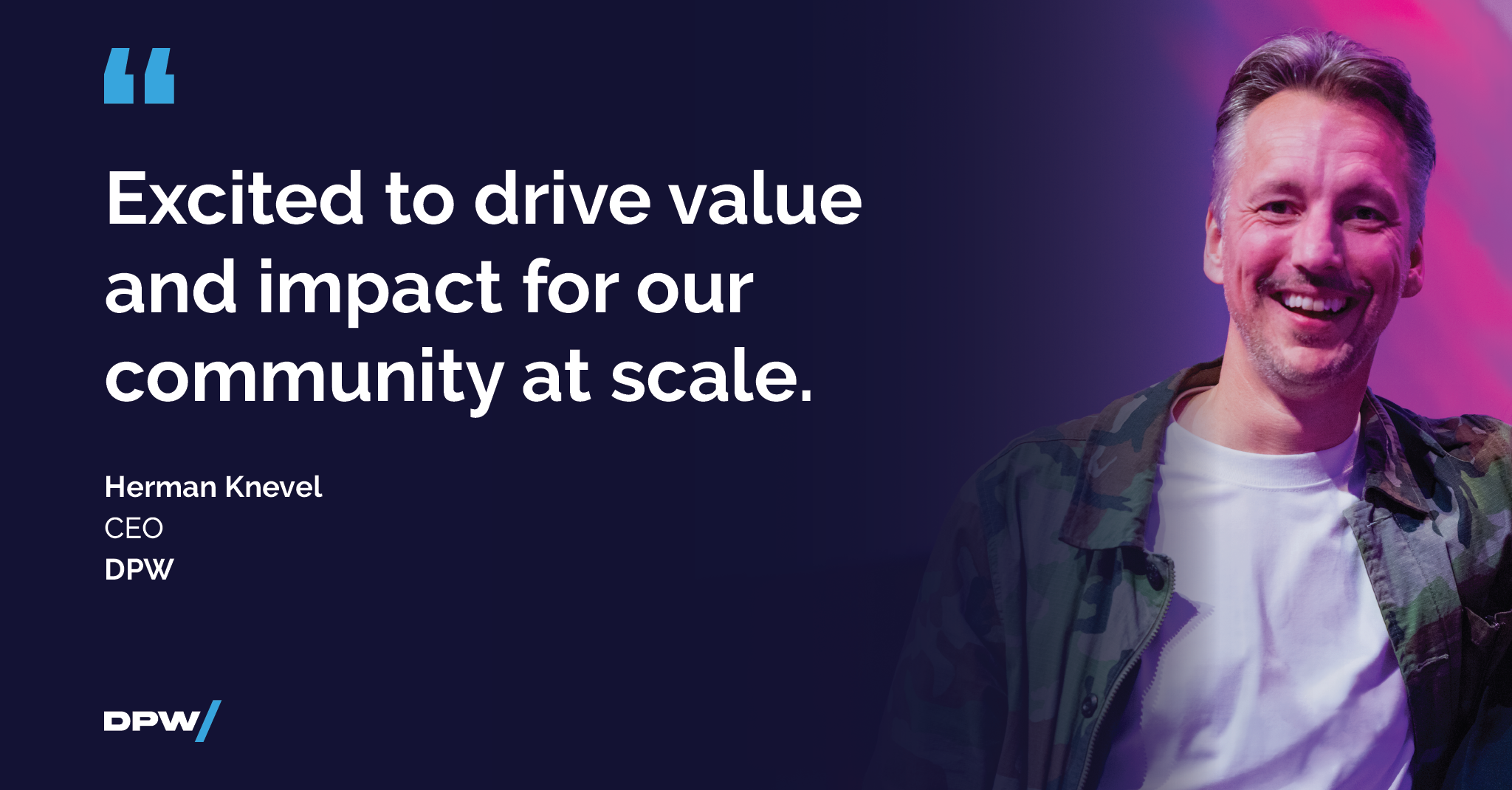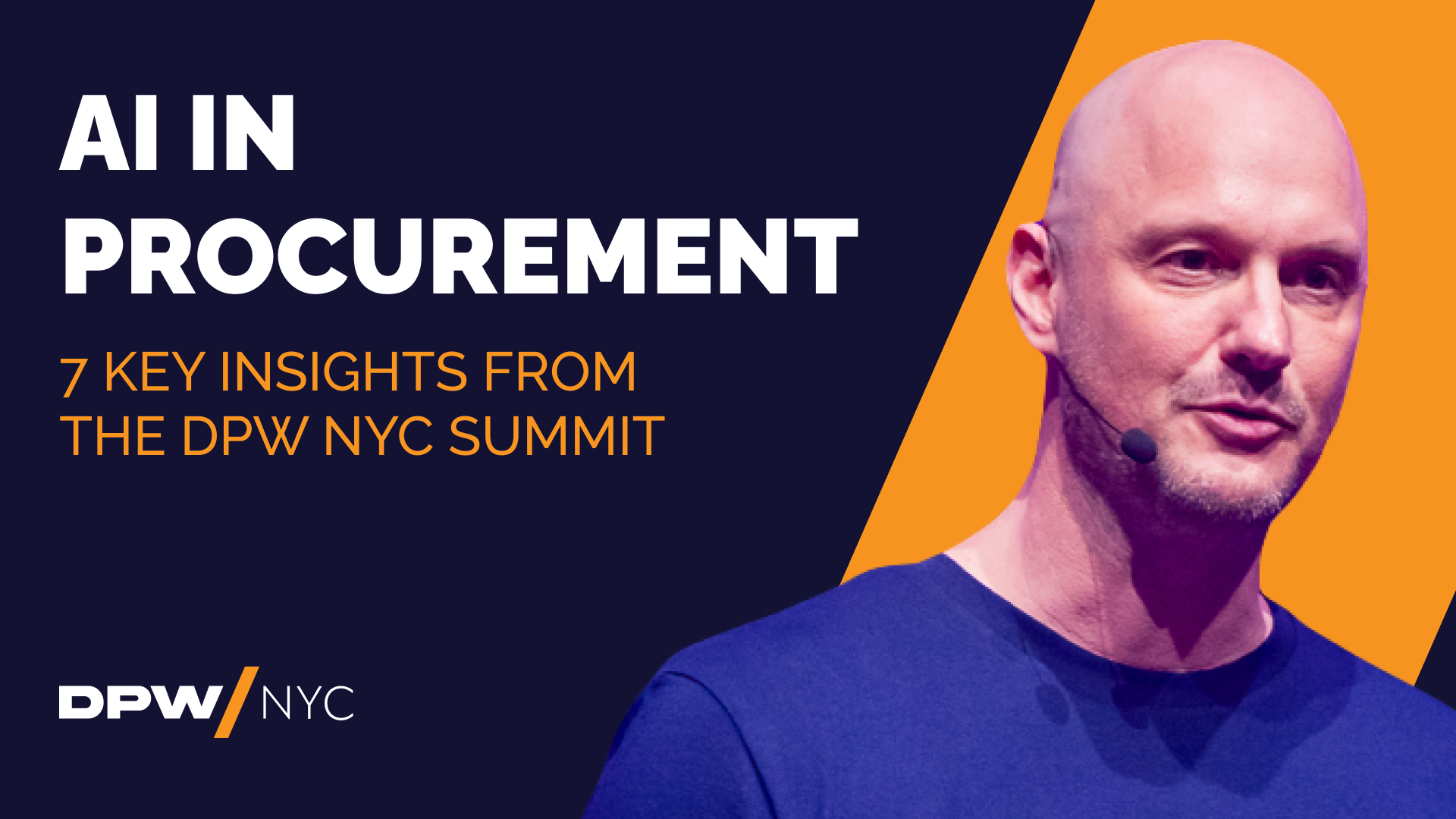CPOs face a choice: drive corporate transformation or risk decline.
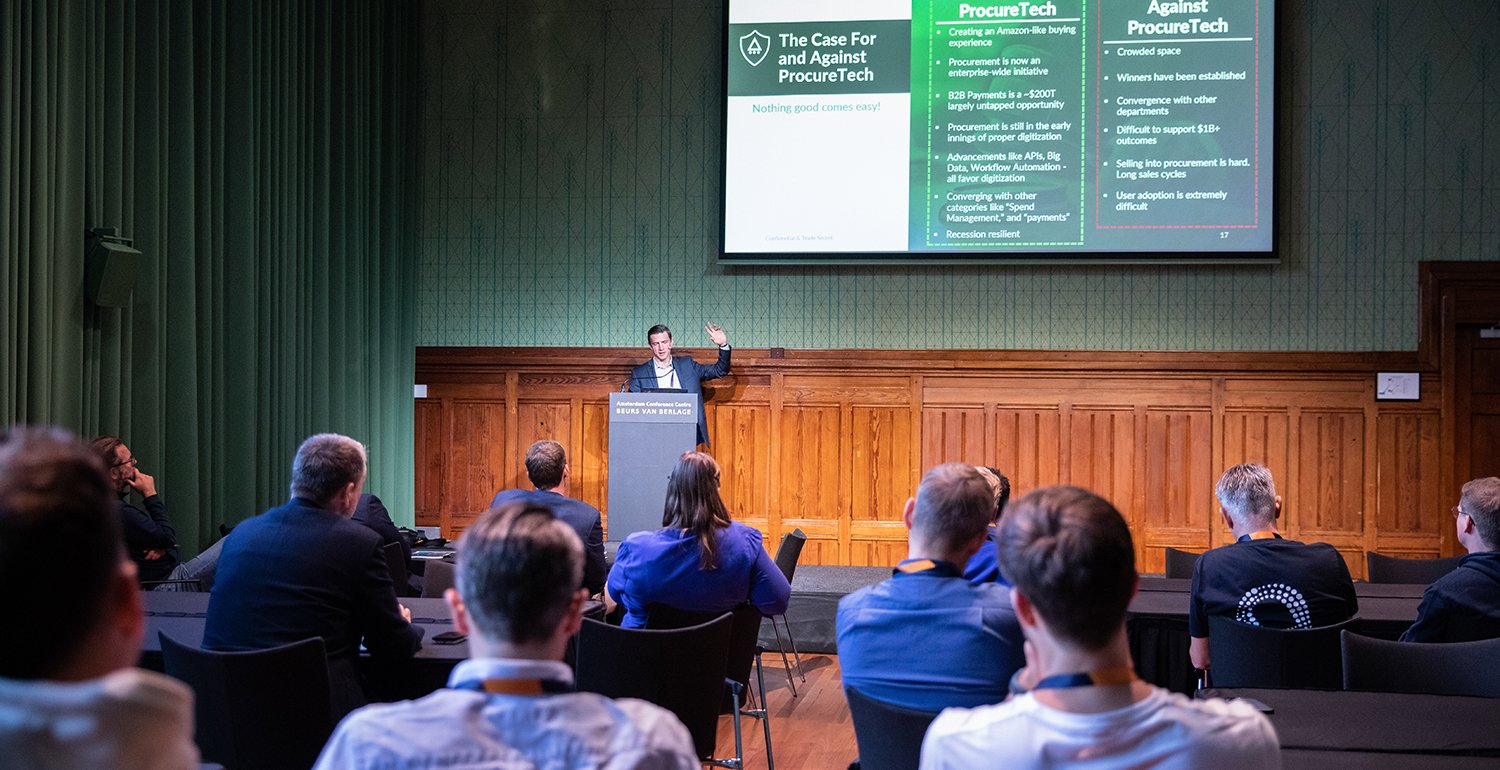
Fuelled by rapid digitalisation and increased stakeholder expectations compounded by the current global business environment and the pandemic, a leader’s role is more critical than ever. This is particularly true in procurement, as organisations from around the globe look at ways of best navigating a risk and cash dynamic that is constantly shifting, while also maintaining a focus on innovation and sustainable supplier value. With these challenges in mind, we brought together some of procurement’s biggest names to discuss the issue of leadership and why now, more than ever, we need a new kind of procurement leader. Here are our takeaways:
#1: Only 15% of procurement leaders are future-ready
Bernhard Raschke, senior client partner at Korn Ferry, kicked off the discussion by issuing a call to arms around leadership and talent and offered the ADAPT model to help ground CPOs who are navigating these uncertain times while preparing for the longer term. In a nutshell, disruptive leaders capture competitive advantage through connecting resources and people adeptly to build an innovation ecosystem. This enables them to bring robust ideas to market quickly and, crucially, to adapt to change by disrupting themselves again and again. According to Korn Ferry, 85% of business leaders globally don’t possess the ADAPT characteristics and still operate with older ways of working. It’s the successful 15% of leaders who can see what’s coming next and continue responding to fluctuating market demands with dynamism and insight.

#2: Lead with empathy through disruptive times
We use all of our senses in person, but when we’re on video, we rely only on sight and hearing to fully understand what’s going on. In the digital world, making connections has never been so simple. But leaders really must ensure that these digital connections go beyond the norm, particularly during a time of crisis. ‘One thing we have to do really differently is to think about how we connect with our teams and our people’, said one senior figure. ‘In this virtual environment, it’s very easy to just click through from one call to another. But people are dealing with really significant personal issues, with maybe their kids or an elderly relative, or maybe just not being able to get out and see people’. Getting to know these people — knowing what makes them tick, their fears and their motivations — is crucial, because it is far more difficult to get the most out of them without those connections.
#3: Leverage technology to protect employee wellbeing and build trust
Downtime can be hard to find, not just during our normal working lives, but also during the kind of crisis we’ve witnessed with the coronavirus pandemic in 2020. The overriding sense from this discussion was just how important it is for leaders to give their teams the time and opportunity to really talk openly — none of which is possible without the creation of a relaxed forum. It’s something that organisations are increasingly recognising. ‘From time to time, people are invited for virtual drinks — you hang out on-screen, you sit there and shoot the breeze’, said one senior procurement figure, describing the approach taken by their company. ‘And in those sessions, people say, “Oh, guess what I’m dealing with?”, or “What’s really hard for me is this…”’. It’s this kind of open discussion that can foster a business environment where information is shared more readily and people across the organisation feel comfortable voicing their concerns. It also makes it more likely that a solution can be found.
#4: Create new experiences to develop entrepreneurial leaders
CPOs are going to have to put in place teams who are capable of thriving in this new and exciting, but also potentially daunting, digital world. ‘How do we make our people ready for digital?’ asked one leading figure. ‘If you give people choices and experiences, and that’s the number one thing you can do as a leader, you give people the growth opportunity to step out of their comfort zone and form new perspectives’, said Bernhard Raschke, senior client partner at Korn Ferry. ‘Make it safe so they can fail, but showcase it when they learn. If they’re not learning, they’re not adaptive leaders’. By providing your team with a diverse range of experiences that disrupts their own thinking, you create an ecosystem of innovation and future-ready leaders. A key element of that is opportunity. A leader must ensure that individuals are given the chance to work in different areas of the business — be it in supply chain, logistics or planning —to build a framework of knowledge and experience that not only optimises their talents but also helps to build a procurement organisation that can cope with whatever is thrown at it in the future.
5: Seize the digital opportunity
The digital transformation in procurement has provided a platform from which it can actively bring in some of the brightest talent in the marketplace. It’s a chance for procurement to really grab the attention of the CEO by demonstrating the opportunity to bring new and exciting skill sets into the procurement organisation. ‘The skill set is completely changing’, said one delegate. ‘So the access to talent becomes critical, particularly when you’re sometimes betting on potential rather than expertise alone. I see it as a tremendous opportunity for our function, but I think the notion of a procurement leader is going to be disrupted even more’. And therein lies the challenge for the CPOs of the future — creating a culture where talent can thrive and the procurement organisation can grow and evolve. ‘If your culture is mediocre, people will come and go, but they won’t want to stay and build their careers’, said one leading figure. ‘I put a premium on making sure you have a great talent development programme in terms of attracting, growing and developing adaptable people within the team’.








